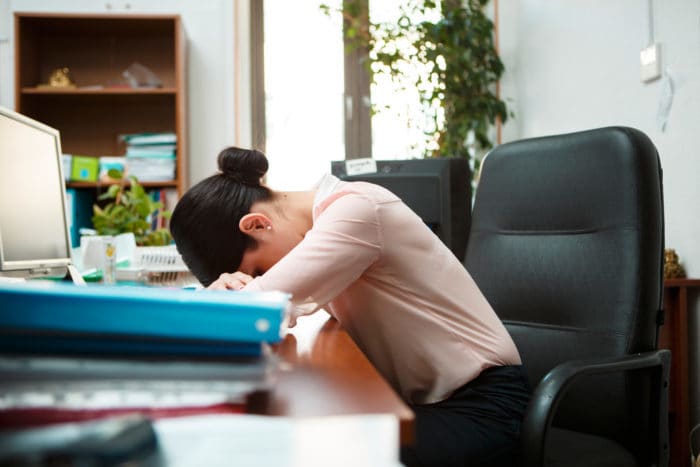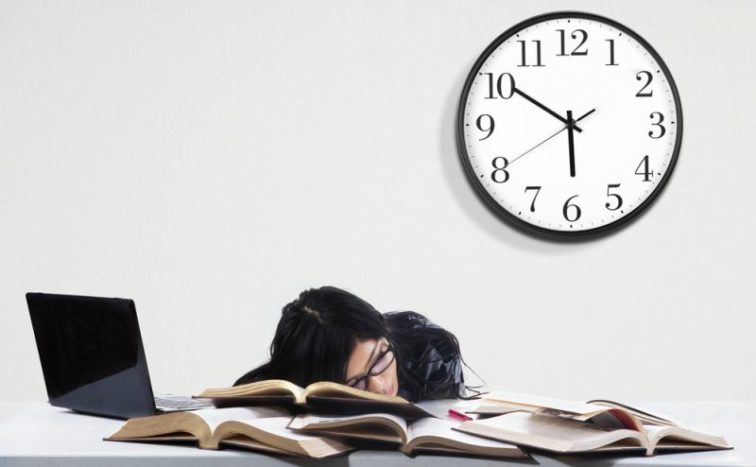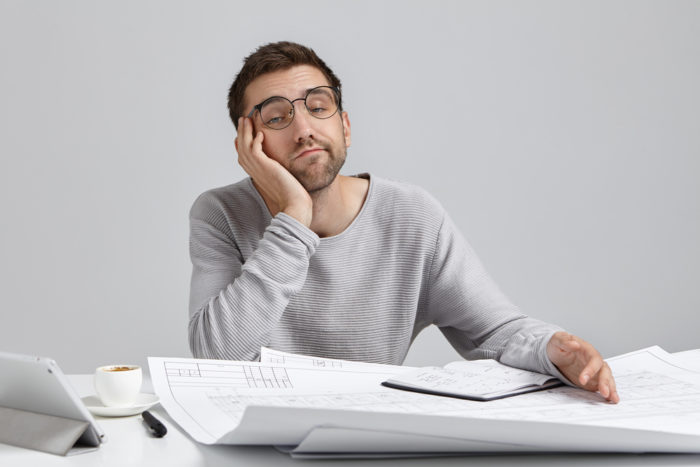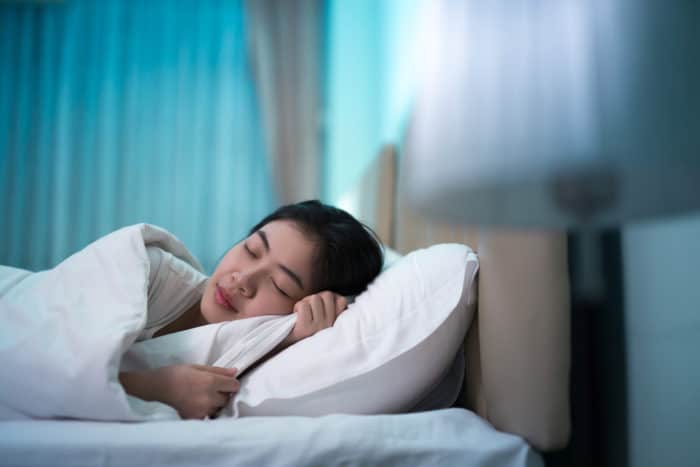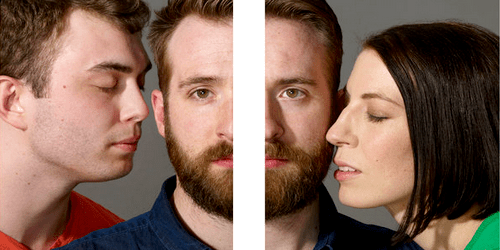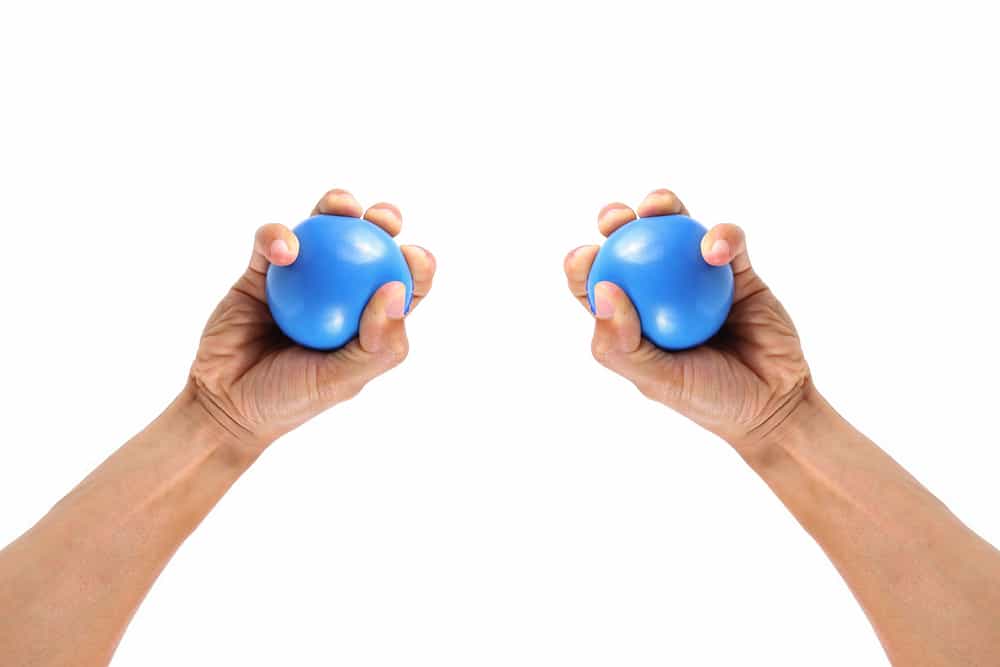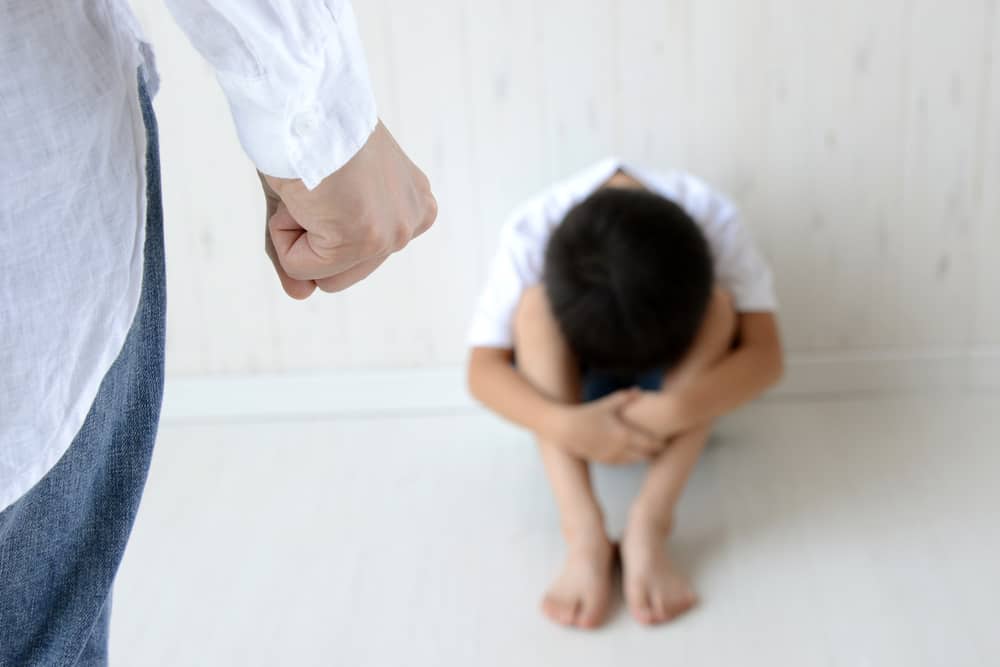Contents:
- Medical Video: Feeling Tired While Fasting QUICK FIX
- Why are we often sleepy when fasting?
- Why does the body's circadian rhythm change during fasting?
- At 2 to 4 in the afternoon, the time is vulnerable to sleepiness during fasting
- How to deal with sleepiness when fasting?
Medical Video: Feeling Tired While Fasting QUICK FIX
Every year, in Ramadan, healthy Muslims are required to fast. Changes in diet and activity during Ramadan can affect our biological clock and metabolism. As a result, you may often be sleepy when fasting.
Why are we often sleepy when fasting?
Sleepiness during fasting is caused by changes in the circadian rhythm, aka the body's biological clock. Circadian rhythm itself is the work schedule of various systems and organs of the human body. For example which body organs have to work hard at this time and which ones should rest in a certain period of time.
Circadian rhythms that regulate the sleep-wake cycle in humans are the most observable cycles of everyday life. This rhythm is regulated by the nerves of the hypothalamus located in the human brain. Various studies show that the body needs sleep in order to stay healthy and maintain physical and social functions, therefore sleep patterns are associated with how a person performs during the day.
Ramadan requires Muslims to fast during the day. This can have an impact on changes in sleep patterns. Activities such as eating, drinking, social interaction, and exercise are often suspended until evening, thereby reducing hours of sleep and the quality of sleep in Ramadan. This change, although not severe, can cause a person to get drowsy or not concentrate during the day.
Why does the body's circadian rhythm change during fasting?
Changes in diet from the initial three times a day to twice a day at night, accompanied by increased activity at night, can change a person's metabolism, such as core body temperature and sleep patterns. Ramadan which coincides with summer in a country near the poles can cause fasting time to increase compared to the dry season or cold, therefore changes in life patterns that occur can be more felt.
Some studies show that fasting can cause changes in the circadian rhythm. When fasting, the body's core temperature and the release of the hormone cortisol during the day decreases, and the release of the hormone melatonin is also reported to decrease during fasting. Keep in mind, melatonin is the main hormone that regulates the sleep-wake cycle by changing the body's core temperature, while cortisol called the 'stress hormone' helps us to stay awake during the day.
At 2 to 4 in the afternoon, the time is vulnerable to sleepiness during fasting
During Ramadan, Muslims often delay their sleep so that they have more time to eat, drink, chat, and do other activities at night. In addition, in the fasting month there is also a tarawih service that can add to the suspension of sleep for some people. The eating and snacking habits at night during fasting, as well as physical activity or exercise, can increase the body's core temperature which leads to sleep disturbances at night.
The above things eventually lead to changes in sleep patterns in the month of Ramadan. Research shows that on average there is a delay of one hour of sleep in the fasting month, and the hours of sleep decrease by 30-60 minutes which ultimately causes fasting people to drowsy during the day.
Check using EEG-based Multiple Sleep Latency Test (MSLT) shows that drowsiness is especially felt at 14:00 to 16:00 in people who fast. This causes a threefold increase in the frequency of napping in the month of Ramadan, although this condition usually returns to normal within 15 days after fasting. The absence of caffeine and nicotine intake during the day can also increase drowsiness in some people.
How to deal with sleepiness when fasting?
Fasting should not be a reason for us to reduce work performance or at school during Ramadan. We have to make it a challenge so we can improve our performance further. The following tips can be done to stay fresh during the day while fasting.
- Make a regular sleep schedule at night and try to live it during Ramadan. Sleep deprivation can cause the body to have "sleep debt" so that we are sleepy during the day.
- Try to be exposed to the sun during the day to strengthen the body's circadian rhythm.
- Avoid light from the gadget screen or television before going to sleep at night.
- Keep your diet, because a balanced diet can make you sleep well. Some people cannot sleep on an empty stomach, so small snacks can be recommended, but large meals can interfere with sleep. Some sources recommend drinking milk, because the content of triptopan in milk can trigger drowsiness.
- Avoid drinking caffeinated drinks at least 4 hours before bedtime.
- Napping if needed, sleeping for 15-30 minutes is enough to rest the body to remain fresh at noon.


